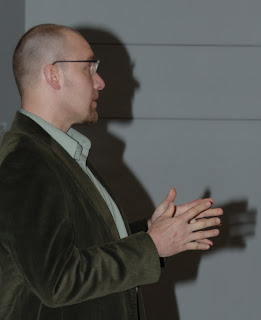 Abstract:
Abstract: In 1948, hundreds of Latvian refugees arrived in the Mississippi Delta to work as cotton pickers on the region’s plantations. By the mid-1950s, only a handful of Latvians remained in the area. Why did white planters turn to this source of labor? And why did the Latvians leave the Delta so quickly? The refugees had arrived at an unsettled time, as white planters dealt with increasing mechanization, international competition, the out-migration of black labor and above all the growing challenge of the civil rights movement. White planters viewed the Latvian refugees as suitably white citizens who could help create a white majority once segregation and black disenfranchisement ended. The Latvians, for their part, resisted Americanization under the terms set by the white planters, instead forming their own distinctly Latvian-American communities both inside and outside the Delta.
In addition to discussing immigration, race and labor in the postwar Mississippi Delta, attention will also be paid to the process of how History gets written. While historians often claim objectivity and adopt an authoritative tone, privately they admit that their work is quite often subjective and profoundly ambiguous. The case of the Latvian cotton pickers reveals some of the ways in which the biases of historians and the limitations of their craft determine what kind of History gets written and, ultimately, remembered.
Presenter Bio:
Bernard “Ben” Maegi earned his Ph.D. from the University of Minnesota in 2008, where his advisors were the eminent historians of U.S. immigration, Rudolph Vecoli and Donna Gabaccia. A second-generation immigrant, Ben’s interest in History stemmed from his parents’ harrowing stories of their lives as Eastern European refugees during and after the Second World War. Ben has taught U.S., Minnesota and World History at Normandale since 2000.
Related Links:
No comments:
Post a Comment